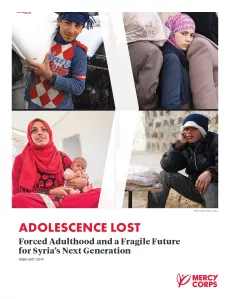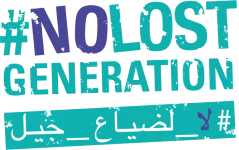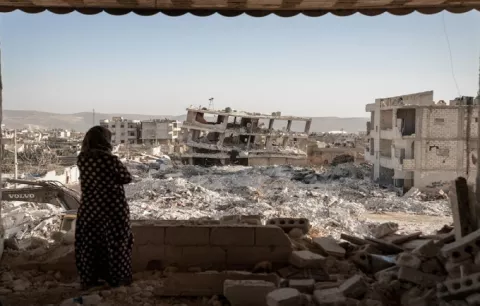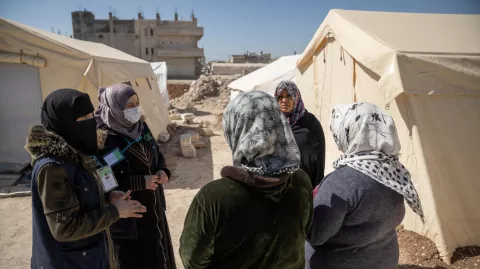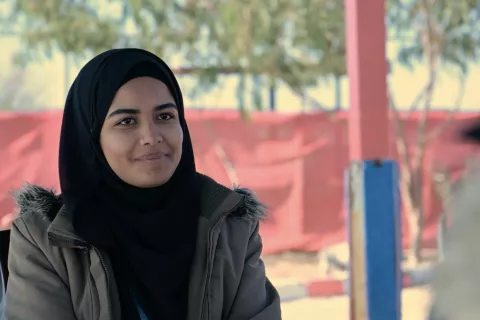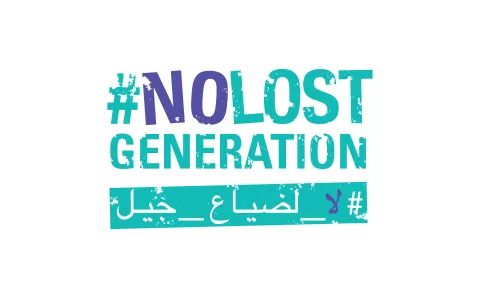Adolescence lost: forced adulthood and a fragile future for Syria's next generation
Mercy Corps
Highlights
After eight years of war, many adolescents have spent more than half of their young lives amidst conflict, violence, and shattered dreams. And yet, these same young people will be responsible for writing the future of Syria and rebuilding a war-torn nation. Evidence has shown the extent of violence and the depth of trauma experienced by many still inside Syria, and in particular the effects of the war on the mental health and psychosocial wellbeing of children.
The study aims to understand the conflict from older adolescents’ perspective, aged 14 to 19 years, and its consequences on their individual futures and the future of Syria. How are Syria’s adolescents perceiving and coping with their current reality, and how has that challenge transformed their individual identities, family and community roles, and personal dreams? After years of unrelenting conflict, how do adolescents feel about being Syrian, and how do they see the future of Syria? Do they see a role for themselves in rebuilding their country, and if so, what is it?
Humanitarian actors engaging with adolescents have an important opportunity to support them in building a better future. To do so successfully, we must first listen to the complexities of adolescents’ past experiences, current realities, and future aspirations. This research is intended to provide insight into the experience of Syrian adolescents and inform effective humanitarian interventions that address actual adolescent needs and provide pathways for adolescents to build a better future for both themselves and for Syria.
